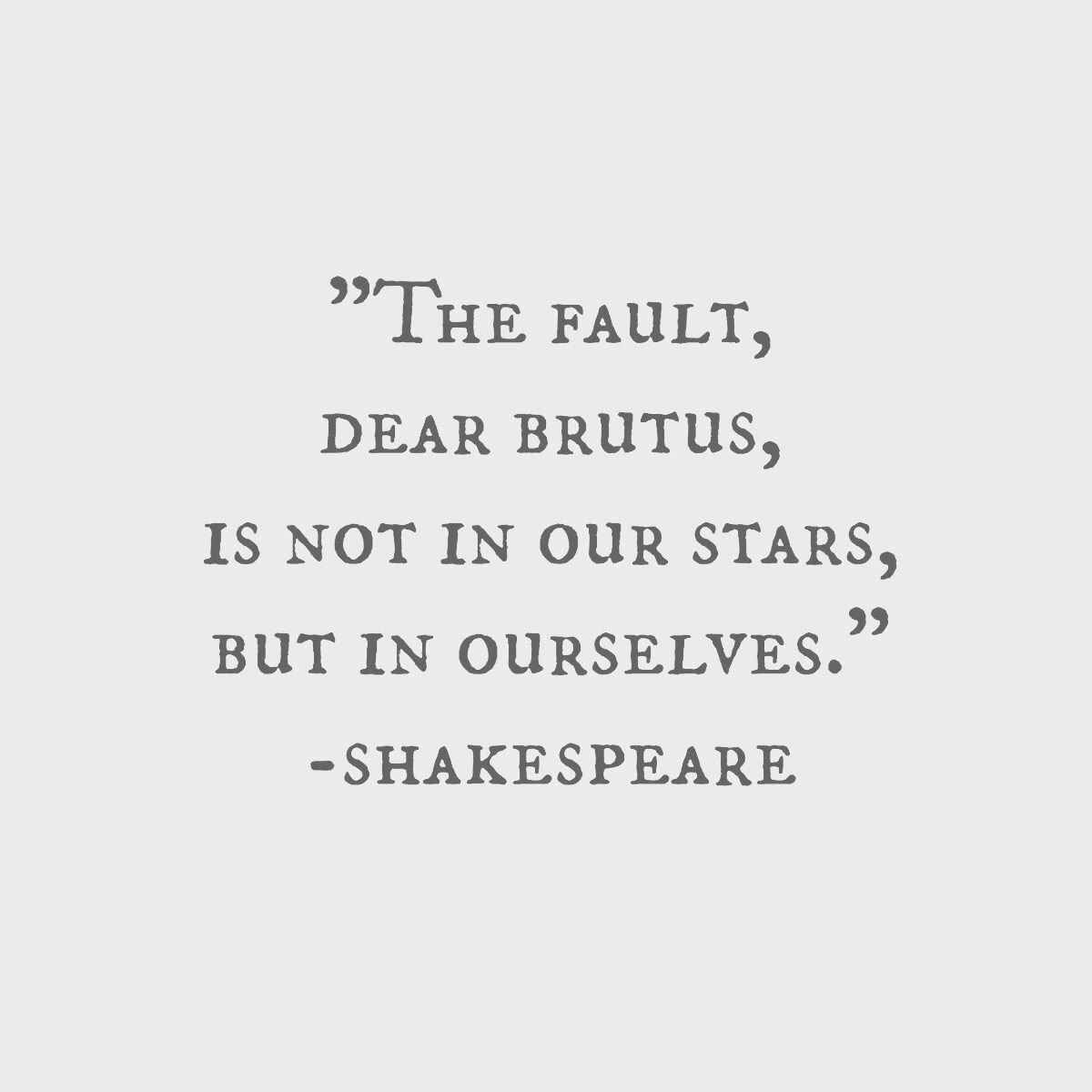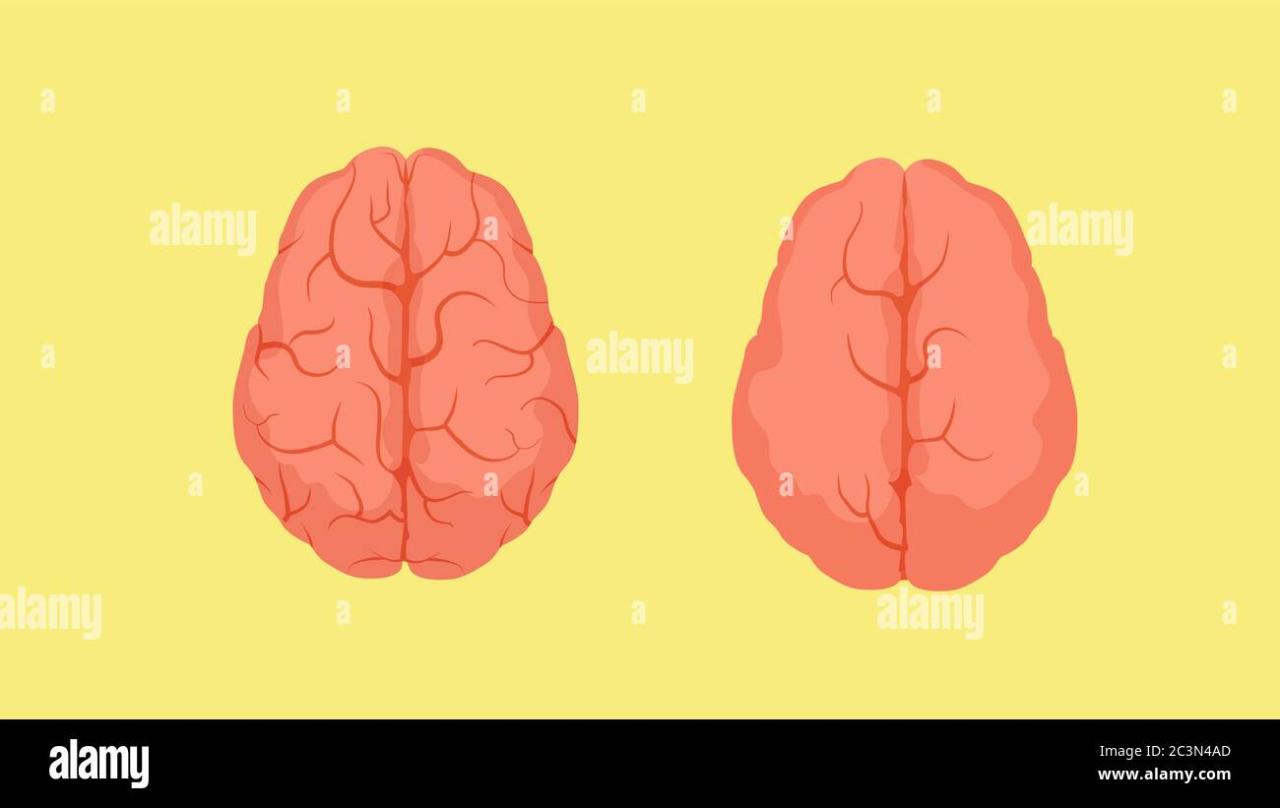‘Stupid, stupid, stupid!’: Great eviscerates star over brainfade as—this phrase, seemingly random, actually encapsulates a potent blend of self-criticism, figurative language, and a relatable experience: mental blanks. We’ll dissect the emotional weight of repetitive insults, explore the vivid imagery of “great eviscerates star,” and delve into the frustrating reality of brainfade. Prepare for a journey into the unexpected connections between these seemingly disparate concepts.
We’ll examine the psychological impact of phrases like “stupid, stupid, stupid!”, analyzing how context and tone drastically alter meaning. Then, we’ll unpack the metaphorical “great eviscerates star,” considering its visual impact and comparing it to other expressions of failure. Finally, we’ll define “brainfade,” exploring its causes, symptoms, and effective coping strategies. The journey culminates in a holistic interpretation of the entire phrase, uncovering the narrative of disappointment and self-reflection it represents.
The Phrase “Stupid, stupid, stupid!”

The repetitive use of “stupid” amplifies its impact, moving beyond a simple insult to convey intense frustration, anger, or even despair. The repetition underscores the speaker’s overwhelming feeling, suggesting a sense of being trapped or overwhelmed by the perceived stupidity of a situation or person.The emotional impact stems from the inherent negativity of the word “stupid,” which implies a lack of intelligence or common sense.
Repeating it intensifies this negativity, creating a more forceful and emotionally charged statement. The phrase is rarely used casually; it usually signals a significant emotional outburst.
Situational Examples, ‘Stupid, stupid, stupid!’: Great eviscerates star over brainfade as
The phrase “stupid, stupid, stupid!” might be used in various situations, reflecting the speaker’s emotional state. For example, someone might exclaim it after repeatedly making the same mistake, experiencing a series of unfortunate events due to carelessness, or witnessing a frustratingly illogical action by another person. Imagine a mechanic struggling with a stubborn bolt, repeatedly trying the same ineffective approach before finally shouting the phrase in exasperation.
Or consider a parent reacting to their child’s repeated disregard for safety rules. The context is key to understanding the intensity of the outburst.
Interpretations Based on Context and Tone
The meaning of “stupid, stupid, stupid!” shifts depending on the context and tone. A harsh, aggressive tone suggests intense anger and possibly a desire to blame or punish. A self-directed utterance, spoken in a quieter, more despairing tone, might indicate self-criticism and a feeling of helplessness. The same phrase can express frustration, self-loathing, or even a dark humor, depending on the delivery and the surrounding circumstances.
That whole “Stupid, stupid, stupid!” thing? Sometimes it feels like a perfect description of certain situations. Think about the news report, for example; check out this article about a Rescue team ends search for a man overboard from Norwegian cruise – a stark reminder of how easily things can go wrong. It highlights the importance of safety precautions, which, when ignored, can lead to exactly that kind of “stupid, stupid, stupid!” moment.
For example, a sarcastic tone might be used to emphasize the absurdity of a situation, rather than expressing genuine anger.
Psychological Implications
Using such language, especially repeatedly, can have psychological implications. For the speaker, it can be a sign of poor emotional regulation, potentially indicating underlying stress or anger management issues. Frequently using such harsh self-criticism can lead to low self-esteem and even depression. For the recipient, hearing such a phrase can be hurtful and damaging, potentially leading to feelings of inadequacy, anxiety, or even anger.
It’s crucial to be mindful of the potential impact of this kind of language and to consider alternative ways of expressing frustration or anger. Learning healthier coping mechanisms for dealing with stress and conflict is beneficial for both the speaker and those around them.
“Great eviscerates star” – Figurative Language Analysis

The phrase “Great eviscerates star” employs striking figurative language to convey a sense of profound disappointment and utter failure. The core image is a powerful metaphor, blending celestial imagery with a violent act.The phrase uses a metaphor to depict a catastrophic downfall. “Great,” referring to something significant or impressive, is juxtaposed with “eviscerates,” a verb implying brutal disembowelment or destruction.
Okay, so you’re looking at “Stupid, stupid, stupid!”: Great eviscerates star over brainfade as, right? It’s a pretty intense title. Makes you think about unexpected events, and that brings to mind the sad news that we just heard: Sportscaster Greg Gumbel dies at age 78. It’s a reminder that life throws curveballs, which relates back to the unpredictable nature suggested by the original title, “Stupid, stupid, stupid!”: Great eviscerates star over brainfade as.
The “star,” a symbol of brilliance, achievement, or aspiration, is the victim of this violent act. The imagery evoked is one of shocking devastation; a once-bright and shining entity is reduced to a hollow, ruined shell. We visualize a star, radiant and powerful, being violently torn apart, its inner light extinguished. The effect is visceral and unforgettable, leaving the reader with a potent sense of the scale of the failure.
Imagery and Connotations of “Eviscerates”
The choice of “eviscerates” is crucial. It’s far more forceful than simpler words like “destroys” or “ruins.” The connotation of violence and internal destruction emphasizes the completeness of the failure. It suggests not just a surface-level collapse, but a deep, penetrating destruction of the very essence of what was once great. Other words might imply a more gradual decline, but “eviscerates” instantly communicates a sudden, brutal end.
Comparison with Similar Expressions
Compared to phrases like “fell flat,” “failed miserably,” or even “crashed and burned,” “Great eviscerates star” stands out for its intensity and the specificity of its imagery. While the other phrases communicate failure, they lack the visceral impact and the sense of complete annihilation present in “Great eviscerates star.” “Fell flat” suggests a lack of impact, “failed miserably” implies a degree of effort despite the outcome, and “crashed and burned” evokes a dramatic but less internally destructive image.
“Great eviscerates star” surpasses these in its raw power and the unforgettable image it creates.
Brainfade – Defining and Exploring the Term
Brainfade, colloquially known as a mental lapse or temporary memory loss, refers to that frustrating experience where you momentarily lose access to information readily available just moments before. It’s not a clinical diagnosis but rather a descriptive term for a common cognitive blip. While often harmless and temporary, understanding its causes and mitigation strategies can significantly improve daily productivity and reduce frustration.
Brainfade: Situational Examples
The following table illustrates various scenarios that can trigger brainfade, along with their potential causes, resulting symptoms, and outcomes. Understanding these patterns can help identify personal triggers and develop preventative measures.
| Situation | Cause | Symptoms | Outcome |
|---|---|---|---|
| Forgetting where you parked your car | Stress, distraction, lack of attention during parking | Inability to recall location, mild frustration, wasted time searching | Delayed schedule, potential frustration |
| Misplacing your keys | Rushing, multitasking, lack of mindful placement | Anxiety, wasted time searching, potential for lateness | Missed appointment, lost time, frustration |
| Forgetting a person’s name during a conversation | Anxiety, lack of sleep, cognitive overload | Embarrassment, awkward silence, potential for strained social interaction | Damaged social rapport, self-consciousness |
| Blank stare during a presentation | Stress, lack of preparation, poor sleep | Inability to recall key points, loss of train of thought, increased anxiety | Poor performance, loss of credibility, potential for negative feedback |
A Brainfade Narrative
Sarah, a busy lawyer, was preparing for a crucial court case. She had spent hours reviewing documents, meticulously planning her arguments. Just as she was about to begin her opening statement, a sudden wave of brainfade washed over her. The details of her carefully crafted strategy seemed to vanish. Her mind went blank.
After a moment of stunned silence, she managed to regain her composure, relying on her extensive experience to navigate the situation, but the incident left her shaken and frustrated.
Mitigating and Preventing Brainfade
Effective strategies exist to minimize the frequency and impact of brainfade. These strategies focus on improving overall cognitive function and reducing stress.
A holistic approach encompassing sufficient sleep, regular exercise, stress management techniques, and mindful attention to detail can significantly reduce the likelihood of experiencing brainfade. Prioritizing healthy habits, including a balanced diet and regular hydration, also plays a crucial role in maintaining optimal cognitive function.
Connecting the Phrases
The seemingly disparate phrases, “Stupid, stupid, stupid!” and “Great eviscerates star over brainfade as,” become powerfully interconnected when considered within a framework of profound failure or disillusionment. The raw, repetitive anger of the first phrase contrasts sharply with the more metaphorical and arguably more sophisticated imagery of the second, creating a complex emotional landscape. This juxtaposition enhances the overall impact and allows for multiple interpretations of the speaker’s state of mind.The relationship between the phrases lies in their shared depiction of a catastrophic event.
“Stupid, stupid, stupid!” expresses immediate, visceral regret and self-recrimination. It suggests a series of foolish actions leading to a negative outcome. “Great eviscerates star over brainfade as,” on the other hand, offers a more poetic, almost cosmic, perspective on the same failure. The “great eviscerates star” could represent a once-bright promise or ambition that has been brutally destroyed, while “brainfade” suggests a mental lapse, a loss of clarity or focus that contributed to the downfall.
The image evokes a sense of overwhelming loss and the irreversible nature of the failure.
Narrative of Failure and Disappointment
The combined phrases paint a picture of a devastating failure viewed through two distinct lenses: immediate emotional reaction and retrospective analysis. The speaker initially expresses raw, unfiltered frustration (“Stupid, stupid, stupid!”) before shifting to a more contemplative, perhaps even melancholic, reflection on the event’s scale and underlying causes (“Great eviscerates star over brainfade as”). This transition highlights the progression from immediate emotional outburst to a deeper understanding (or perhaps a deeper despair) concerning the failure’s magnitude and the self-inflicted nature of the catastrophe.
The narrative arc suggests a journey from impulsive action to the agonizing realization of the consequences. Imagine a promising athlete, for example, whose career is ruined by a single, reckless decision. The initial response might be the frustrated “Stupid, stupid, stupid!”, followed by a later, more reflective understanding of the lost potential represented by the “great eviscerates star.”
Tone and Style’s Contribution to Meaning
The stark contrast in tone and style between the phrases intensifies their combined impact. The blunt, repetitive nature of “Stupid, stupid, stupid!” conveys raw emotion, unfiltered anger, and a sense of immediate regret. It lacks subtlety, reflecting the speaker’s overwhelming frustration. In contrast, “Great eviscerates star over brainfade as” is more literary and evocative. The imagery is striking and suggestive, hinting at a deeper, more complex understanding of the situation.
This contrast creates a powerful tension, highlighting the speaker’s internal struggle between immediate emotional response and more considered, retrospective thought.
Alternative Interpretations
The phrases’ combined meaning is not fixed; different interpretations are possible. For instance, “great eviscerates star” could symbolize a powerful, respected figure or institution whose downfall is described. The “brainfade” could refer to a collective failure of judgment or foresight leading to this collapse. Alternatively, the phrases could be interpreted in a more abstract, surreal context, where the “great eviscerates star” represents a lost opportunity or a shattered ideal, and the “brainfade” symbolizes a loss of innocence or naiveté.
The repetitive “stupid” could then signify the speaker’s persistent struggle to reconcile with the past and move forward.
Visual Representation of the Concepts: ‘Stupid, Stupid, Stupid!’: Great Eviscerates Star Over Brainfade As

Visualizing abstract phrases requires translating their emotional and conceptual weight into tangible forms. We can achieve this by focusing on the interplay of color, texture, and shape to create images that resonate with the intended meaning. The following sections will explore visual representations for “Stupid, stupid, stupid!” and “Great eviscerates star over brainfade as.”
Visual Representation of “Stupid, Stupid, Stupid!”
The phrase “Stupid, stupid, stupid!” evokes a sense of overwhelming frustration and repetitive, self-inflicted folly. Visually, this could be represented as a series of three progressively darker, muddier shades of brown or grey circles. The circles would be roughly the same size, slightly overlapping, creating a sense of accumulation and weight. The texture would be rough, almost like dried mud or cracked earth, reflecting the harshness of the repeated mistake.
The lack of sharp edges and the muted colors would convey the feeling of stagnation and despair associated with the repetition of stupidity. The overall effect would be one of oppressive heaviness and a sense of being trapped in a cycle of error.
So, “Stupid, stupid, stupid!” perfectly sums up the situation, right? The whole “Great eviscerates star” thing is just another example of baffling decisions. This whole mess highlights the hypocrisy, as you can see from this article about the fallout: Cracks appear in Maga world over foreign worker visas. It really shows how their actions contradict their words, further emphasizing how incredibly stupid the whole thing is.
The “brainfade” is real, folks.
Visual Representation of “Great eviscerates star over brainfade as”
This phrase is more complex, requiring a symbolic approach. Imagine a vibrant, almost violently bright, five-pointed star, rendered in a deep, rich crimson. This star represents the “great,” something powerful and initially positive. However, it’s being eviscerated, meaning its internal structure is being ripped apart. This could be shown through jagged, almost skeletal lines radiating outwards from its center, suggesting disintegration.
The “brainfade” is represented by a swirling, hazy nebula of pale blues and greys, surrounding and partially obscuring the star. The nebula’s texture is soft and indistinct, representing the mental fog and confusion of brainfade. The setting is a dark, almost inky black void, emphasizing the stark contrast between the once-brilliant star and its current state of decay.
The overall mood is one of tragic grandeur, showcasing the destruction of something magnificent, a fall from grace, and the lingering confusion in its aftermath. The contrast between the sharp, violent crimson of the star and the soft, hazy blues and greys of the brainfade further emphasizes the dramatic clash between the powerful and the weak, the clear and the confused.
Conclusive Thoughts

From the harsh self-judgment of “stupid, stupid, stupid!” to the dramatic imagery of a “great eviscerates star,” this exploration reveals the surprising power of language to capture complex emotions. Understanding brainfade and the self-critical language we use helps us navigate moments of failure with more self-compassion and develop strategies for improved mental clarity. Ultimately, the connection between these phrases highlights the common human experience of setbacks and the importance of self-awareness in overcoming them.
It’s a reminder that even in moments of perceived failure, there’s an opportunity for growth and learning.
Question Bank
What are some examples of healthy coping mechanisms for brainfade?
Mindfulness exercises, regular breaks, sufficient sleep, and staying hydrated are all helpful. Breaking down tasks into smaller chunks can also prevent overwhelming your brain.
Is using phrases like “stupid, stupid, stupid!” always harmful?
While generally negative, the impact depends on context. Self-deprecating humor can be harmless, but constant self-criticism is detrimental to mental well-being.
Can brainfade be a symptom of a larger problem?
Yes, persistent or severe brainfade might indicate stress, sleep deprivation, or underlying health conditions. Consult a doctor if concerned.